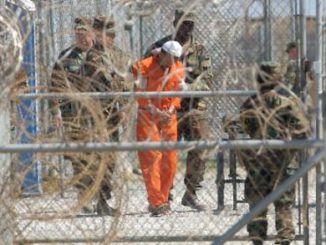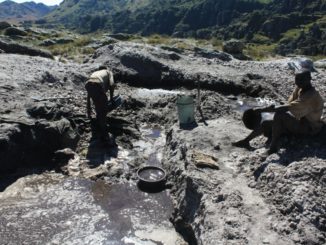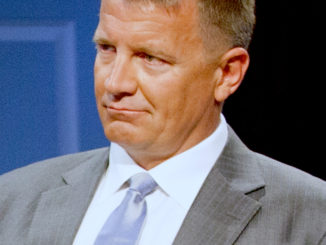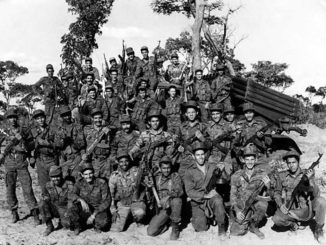
“Is This Who We Are?”: Gitmo is America’s Enduring Shame
“Is this who we are?” President Obama animatedly and passionately asked, as he made a case in favor of the closure of Guantánamo, speaking as if a human rights advocate, not a Commander-in-Chief who had direct authority to shut down the entire facility. The truth is that the Abu Ghraib tortures were not by ‘a few bad apples’ and Guantánamo is, indeed, a microcosm of exactly what the US is, or has become.





